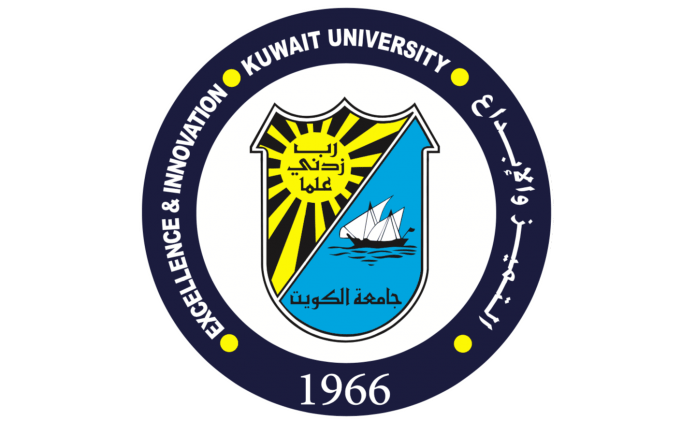The Kuwait University is in the process of restructuring its majors to match the labor market needs by doing away with the disciplines that don’t serve the labor market. In this context, the sources indicated that the university administration has already formed a committee to study the university’s outputs and restructure the majors.
A local Arabic daily said, the university held 3 meetings in this regard and came to the conclusion of developing the list of current majors and also defined an updated list of disciplines required by the labor market. This is in addition to reviewing previous studies compiled by the Secretariat-General of the Supreme Council for Planning and Development, on structuring the labor market and education policies, and presented the most prominent needs of the market for specializations defined by the Civil Service Commission.
The sources indicated that the committee contacted the various colleges to determine the current academic departments, as well as the departments’ views on specializations and programs to keep pace with the needs of the labor market.
The sources pointed out that steps were taken after reviewing the international references to identify priority tracks and specializations, in preparation for linking them with the scientific departments of the Kuwait University.
The sources indicated that most faculties provided the committee with their views on the proposed majors, except for the faculties of education, engineering and petroleum, architecture and law and indicated that work in the committee revealed an overlap between scientific departments and faculties, whether by specializations, job titles, or even the names of scientific departments, while the committee did not find a clear framework for academic cooperation between colleges, or between departments in a single college.
The sources said there are no clear criteria for updating the academic curricula and specializations, while there is no perception among some colleges about the career future of their specializations in the next five years.
The sources diagnosed the defect with weak communication between state institutions and agencies in the field of employment and the needs of the labor market, while there is a scarcity of available data on the labor market, whether for employment or assessing market needs, and the lack of a clear vision for employment institutions and linking them to development priorities.
The sources indicated that the committee made proposals to complete its work, most notably pushing to keep pace with global trends for jobs and creating the invisible instead of keeping pace with the labor market, finding intersections between all university disciplines with the global perspective of jobs WEF2030, working on preparing or revising academic programs to prepare graduates able to adapt with future jobs.
She pointed out that the committee proposed to complete its work to list the disciplines that are not required in the labor market, and for which there is less demand globally and locally.

















